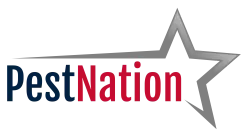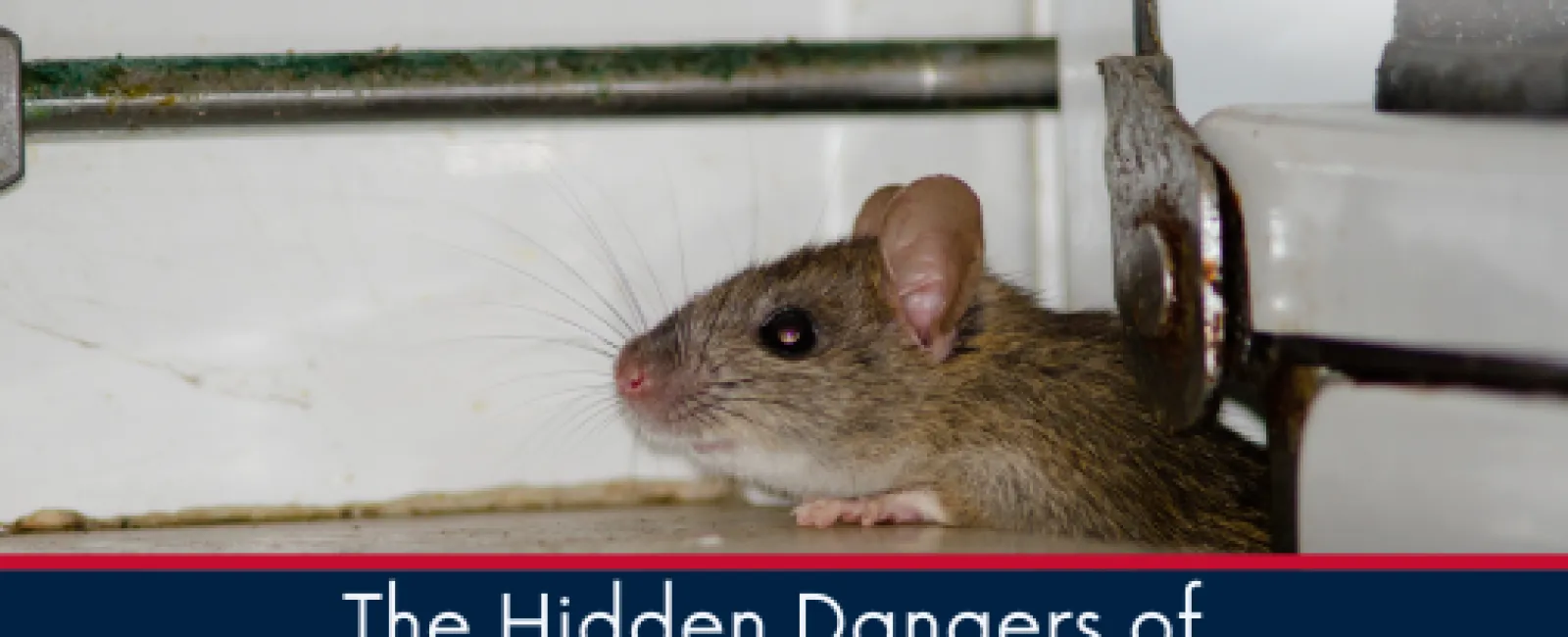Rodents may seem like minor nuisances at first, but when they invade your home, the risks go far beyond an unwelcome scratching sound in the walls. Mice and rats are highly destructive pests that spread disease, damage property, and multiply rapidly once they find shelter indoors. For homeowners in Atlanta, Charlotte, and Charleston, fall and winter are peak seasons for rodent activity, as these pests look for warmth and reliable food sources inside homes.
What many people don't realize is that even a small rodent problem can have serious consequences. From chewing through wiring to contaminating food storage areas, rodents create dangers that affect both your property and your family's health. At PestNation, we emphasize the importance of early intervention through PestNation pest inspections, targeted Charleston pest control, and ongoing quarterly services to prevent infestations before they escalate. Understanding the hidden dangers is the first step in protecting your home year-round.
How Rodents Gain Access to Homes
Rodents are incredibly resourceful and can exploit even the smallest vulnerabilities. A mouse can squeeze through openings as narrow as a quarter-inch, while rats require only slightly larger gaps. Common entry points include:
-
Cracks and gaps in foundations
-
Unsealed spaces around utility lines and pipes
-
Damaged weatherstripping on doors and windows
-
Open attic vents or crawlspace entries
-
Gaps around garage doors
Once inside, rodents often establish nests in attics, basements, insulation, and wall voids, making them difficult to detect until populations grow.
The Health Risks of Rodent Infestations
Perhaps the most alarming danger posed by rodents is their ability to spread disease. Rodents carry and transmit a variety of pathogens that pose serious risks to human health.
Food Contamination
Rodents leave behind droppings, urine, and hair in areas where they forage. This contamination can spread Salmonella and other harmful bacteria, making kitchens and pantries unsafe without proper cleaning and pest control.
Airborne Hazards
As rodent droppings and urine dry, they can release particles into the air. These particles may contain hantavirus, which can cause severe respiratory illness when inhaled.
Allergens
Rodent dander and droppings are known to trigger allergies and asthma, particularly in children and sensitive individuals.
Secondary Pests
Rodents often carry fleas, ticks, and mites, which can spread additional diseases and infestations throughout the home.
The Property Damage Caused by Rodents
Rodents are not just a health hazard—they are also destructive to your home's structure and systems.
Electrical Wiring
Mice and rats chew constantly to prevent their teeth from overgrowing. Unfortunately, this often means gnawing on electrical wiring, which can lead to short circuits or even house fires.
Insulation and Wood
Rodents shred insulation for nesting and chew through wooden beams or drywall, weakening structural components over time.
Plumbing and Appliances
Plastic and soft metal pipes are also vulnerable to rodent chewing, sometimes leading to leaks, flooding, or damaged appliances.
The financial costs of repairing these damages can far exceed the investment in professional pest prevention.
Why DIY Rodent Control Falls Short
When faced with rodent activity, many homeowners turn to store-bought traps or baits. While these tools may catch a few rodents, they rarely solve the larger problem.
-
Traps and bait stations only target individuals, not the entire population hidden in walls or attics.
-
Rodents are cautious, often avoiding unfamiliar objects. It may take weeks for them to approach traps.
-
Exclusion is essential. Without sealing entry points, rodents will continue to return, no matter how many are caught.
DIY efforts may offer temporary relief, but without professional intervention, infestations often return and escalate.
The PestNation Approach to Rodent Infestation Prevention
At PestNation, we use proven strategies to provide long-term protection against rodent infestations.
PestNation Pest Inspections
Comprehensive inspections identify entry points, nesting sites, and early warning signs of activity. This proactive step ensures that homeowners understand the scope of the problem and the best treatment approach.
Charleston Interior and Exterior Pest Treatments
Our Charleston pest control, along with Atlanta and Charlotte interior and exterior pest treatments, combines exclusion methods with targeted treatments to eliminate infestations and prevent new ones. By sealing access points and reducing attractants, we address the problem at its root.
Quarterly Services
Rodent behavior changes with the seasons. That's why quarterly services are so effective—they provide ongoing monitoring and adjustments tailored to seasonal shifts. Whether it's fall migration indoors or spring nesting, PestNation's approach adapts year-round.
Signs of a Rodent Infestation
Many infestations remain hidden until populations are well established. Homeowners should watch for these signs of rodent activity:
-
Droppings near food storage or along baseboards
-
Gnaw marks on furniture, wiring, or packaging
-
Scratching or scurrying sounds in walls or ceilings
-
Nests made of shredded paper, fabric, or insulation
-
Grease marks along walls where rodents travel
If any of these signs appear, scheduling a PestNation pest inspection is the most effective way to confirm the issue and prevent it from escalating.
How Homeowners Can Support Prevention
While professional pest control is critical, homeowners can also take practical steps to reduce rodent risks:
-
Store food in sealed containers and clean crumbs promptly.
-
Remove clutter from basements, garages, and attics.
-
Maintain landscaping by trimming shrubs and trees away from the home.
-
Keep firewood stored at least 20 feet from the foundation.
-
Ensure garbage is stored in tightly sealed bins.
Combined with quarterly services from PestNation, these habits create an effective defense against infestations.
Why Fall Is a Critical Time for Action
Rodent infestations are often at their worst during fall and winter, when outdoor conditions drive pests inside. Acting early provides several key benefits:
-
Preventing rodents from nesting before populations expand
-
Avoiding costly property damage during the coldest months
-
Reducing exposure to health risks during the holiday season
-
Maintaining year-round peace of mind
With Charleston pest control, Atlanta and Charlotte interior and exterior pest treatments, and consistent quarterly services, PestNation helps homeowners take advantage of this crucial window for prevention.
Rodents are more than a seasonal nuisance—they are destructive pests with the potential to cause serious harm to both your property and your family's health. From spreading dangerous diseases to chewing through wiring and insulation, mice and rats create risks that no homeowner should ignore. The hidden dangers of infestations often go unnoticed until damage is extensive, making early prevention essential.
DIY traps and baits may seem like a quick fix, but they rarely provide long-term protection. True prevention requires comprehensive PestNation pest inspections, targeted Charleston pest control, and dependable quarterly services. By addressing vulnerabilities before infestations take hold, PestNation gives homeowners in Atlanta, Charlotte, and Charleston the confidence that their homes remain safe and rodent-free.
As cooler weather sets in, now is the time to act. Partner with PestNation to eliminate risks, protect your property, and secure lasting protection against rodent infestations.

